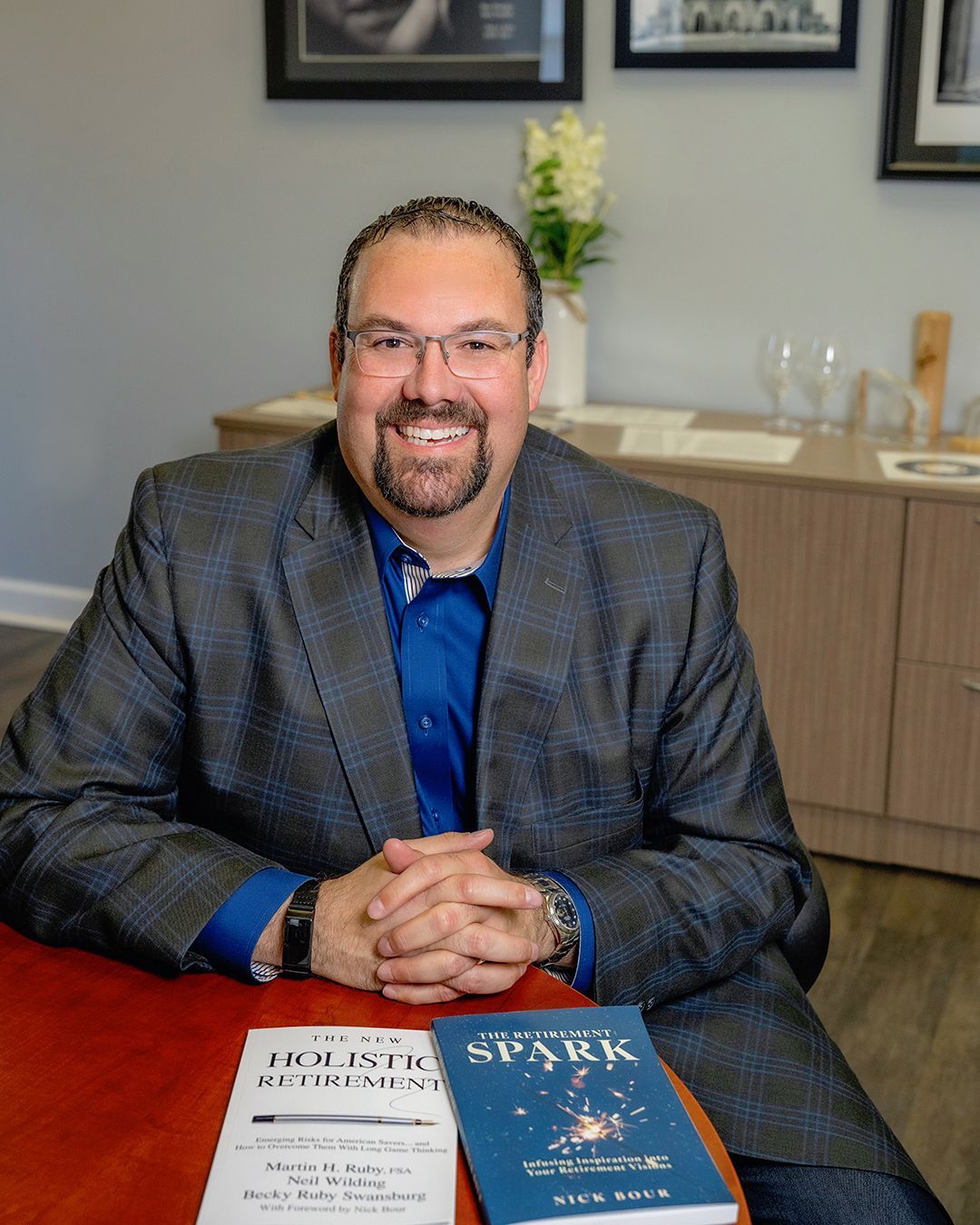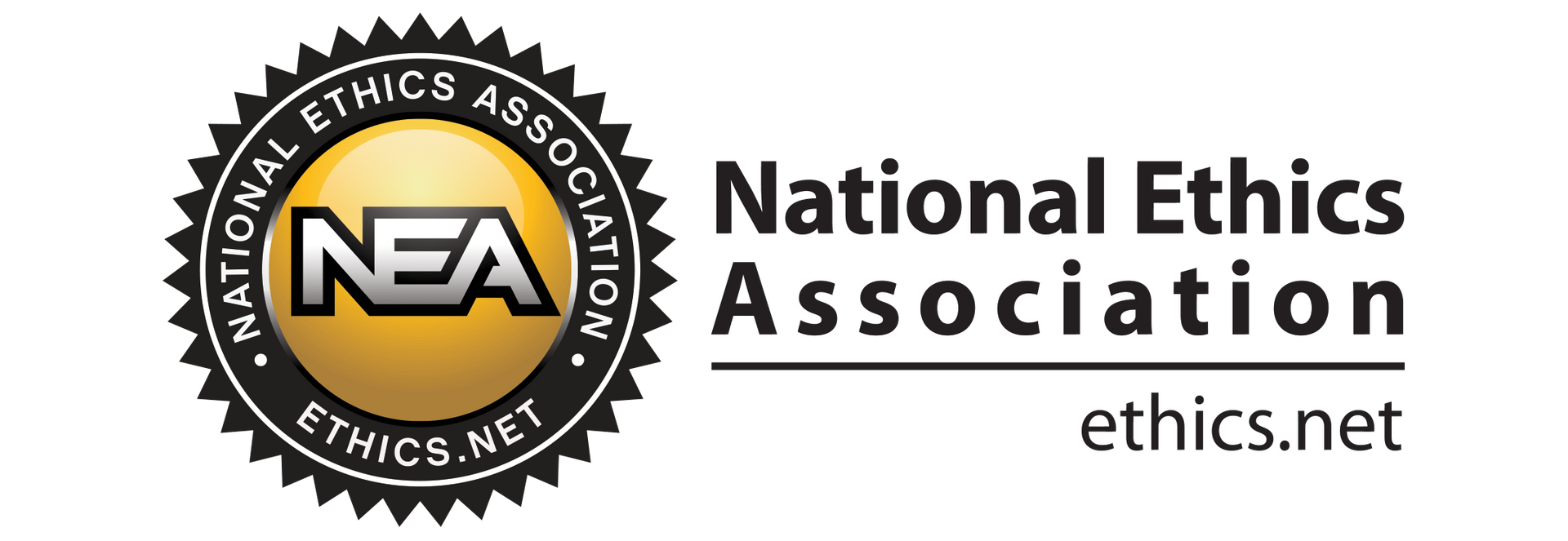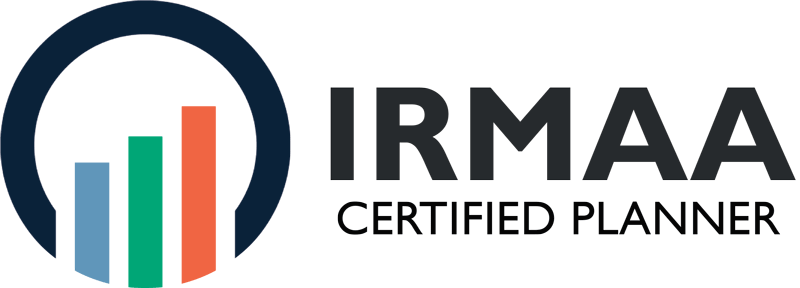Nick Bour On 5 Things You Need To Be A Highly Effective C-Level Leader Of A Fintech Company
5 Key Elements for Building a Thriving Career in Finance
An Interview With Kieran Powell

The finance industry is ever-evolving and highly competitive. Achieving success in this field requires a combination of technical expertise, strategic thinking, and the ability to adapt to change. As a part of this series, I had the distinct pleasure of interviewing Nick Bour.
Nick Bour has been in the financial services industry for over twenty years. His passion for the industry was weighed primarily in the ability to work directly with families and businesses in a way that would truly impact their lives and the generations that follow them. Nick takes an educational approach to financial planning. He aims to lead his clients down the right path while providing a complete picture of the road ahead.
Thank you so much for your time! I know that you are a very busy person. Can you tell us a story about what brought you to this specific career path?
Iwas working within customer service and retail and found I really enjoyed working with & helping people. I met someone through my wife who was in the industry and decided to interview and do extensive research while envisioning myself helping clients within this industry.
Can you share the most interesting story that happened to you since you began at your company?
I was doing a workshop and had a prospect who scheduled a meeting with me to review his Retirement Plan. As I looked through his documents, he started sharing how his experience has been with his current advisor and why he’s considering making a change. When he started working with his current advisor, he mentioned to the gentleman that he is 2–3 years away from Retirement and feels that 5–6% returns on his money would be good at this point as he doesn’t have the time to make up for a major downturn in the stock market. The advisor said we can definitely do better than that, and the prospect was happy to hear that as it would help him enjoy a better Retirement.
After 3–4 months the client realized he had lost over 50,000 or about 15% and was very discouraged and frustrated, when he went to meet with the advisor the advisor said don’t worry it will come as it always does. The client said yes, however, he was retiring in less than 2 years and didn’t have the time to wait, which is why he was thinking of being more conservative at this point in his life. Even though the client was very frustrated about losing that amount of money, my team and I were able to put a retirement plan together that made him feel positive again that he could retire as he planned and not have to delay because of the loss of the money. The moral of the story is that not every advisor or every firm is created equal and that planning leading up to retirement is crucial for a comfortable and happy retirement.
Ok super. Thank you for all that. Let’s now shift to the main focus of our interview. What inspired you to pursue a career in finance, and how has your journey evolved over the years?
I always knew I wanted to work with people and make a difference in their lives. I have worked with the public in retail sales or working with consumers. I was a hard worker even in high school and was successful and career-motivated. When I was 21, I was given an opportunity to pursue going into financial services and get my necessary licenses and was very fortunate to have a mentor right away from whom I learned so much. I was able to grow my knowledge through reading and first-hand working with clients and potential clients.
The first 12 years of my career were within 3 large insurance companies where I learned sales and service basics as well as how to help people through risk management, as well as retirement planning. I learned along the way that I needed to find my own path. Working within a big company was only the beginning for me. It was great training, but the limitations in what I could offer to clients really began to make me realize how much more was out there and how much more I could do for clients.
I spent a few more years working at a regional bank as an advisor and at a Property & Casualty company until I finally got the guts to go out on my own and be fully independent. Something I would say to anyone is: you’re a business owner when opening your own firm even if you have support and build a team as I did. It’s still your own business, and it carries your name and integrity, so you always have to do what’s right and what’s best for your clients.
What skills or qualities do you believe are most essential for long-term success in the finance industry?
Grit, persistence, a never-quit attitude, and always doing what’s best for the client no matter what. Always go the extra mile, never stop learning, and always think outside the box. The last thing I ever want a client to say to me is that I am like every other advisor; I’m always looking for non-traditional strategies or ideas that I think can help my clients.
Can you share a pivotal moment in your career that significantly influenced your trajectory?
I met another Advisor through networking, as well as a few key partners I have had over the years. The biggest difference maker for me has been the little things in having a process and what pieces the client gets in a certain meeting compared to just giving them what I think they should receive as I did in the past. Also, standing out above the rest has been essential. We’re in a big ocean of advisors and consumers need to understand how we’re different and have different approaches. One example is Tax Planning and Estate Planning and integrating Legal, Financial, & Tax together and communicating for the ultimate client benefit.
What strategies do you use to stay ahead of industry trends and maintain your competitive edge?
I am always trying to learn and be at the forefront of new technology and new software to add more value to my clients and prospects. I use multiple sources to continue learning and growing my knowledge base, and I use new technology for my clients’ benefit. One of the main sources of technology is Michael Kitces FinTech map, which he updates on a monthly basis. I have learned about several new technology platforms that have made a difference in my practice and for my clients.
Based on your opinion and experience, what are your “Five Things You Need to Create a Highly Successful Career in The Finance Industry” and why?
1. Do Some Networking
Within any industry, there are good and bad professionals, and what I have learned in over 20 years in this industry is this is an extremely small industry, especially for successful professionals. I have made it my mission over the years to never burn bridges and to always try to connect with other professionals who can add value to my practice or even for clients as in other professionals. I am always looking to expand my network in strategic ways as I believe this is how I get a lot of my ideas and ways to stand out for clients while connecting with other professionals like attorneys, CPAs, Insurance Professionals, Chamber of Commerce and other Business Professionals within the community that might be good collaboration partners.
2. Get Good Mentors
I have had a few mentors in my career over the years and I will continue to have them. Your business and practice will continue to evolve and your way of thinking will also change, so you need to be able and willing to adapt or you will get left behind. When I started in the business, I had a great mentor who taught me the importance of client relationships and always doing what you say you’re going to do. I have had 3 or 4 more mentors since starting over 22 years ago, all with different thoughts or focuses within the business, and I’ve learned different things from each of them. For example, I have people who have shared their process in client meetings as well as investment partners they use and different planning software. No practice will ever look identical and every advisor will always have their input and mindset that will drive what software and the process they use with clients. I’ve also learned to always follow you gut and never be closed-minded. Also, you’re the professional your client is choosing to work with and trust with their entire life savings, and you always need to remember that and never take it for granted.
3. Focus on Niche/Tax & Estate
Most Advisors will start their career as a generalist or as an investment manager only. While this could suite most advisors for several years or most of their career, it’s not for everyone and most have to find their area of expertise and focus. The timeline will vary for all advisors in that some will be able to narrow down their focus to achieve much more success than a generalist usually will in a few years while it may take others several years or even decades.
While there’s no right or wrong area of focus, my experience has been my own, and even though I am north of 2 decades in the industry, I feel I am just hitting my stride. I have focused heavily on tax mitigation and planning for several years now, and have always said that how much of your income you keep in retirement is more important than how much your gross income is.
The levels of tax planning go a lot deeper than whether you should do Roth conversions or not. You have to take into account things we call Stealth taxes. One example is IRMAA (which impacts how much your part B premium is and how it can go up in the future). Another important question is: can you minimize or even eliminate capital gains and dividends on your non-retirement accounts because of the overall tax planning your team can do?
I also focus heavily on Estate Planning as this area is all about how your accounts are transitioned and taxed for the next generation. Financial Planning or Retirement Planning is so much more than Investment Management and most consumers think the main component is just the investment, but that’s actually one of the smaller parts that my team focuses on.
4. Have a Process
Having a process in what you do for each and every client is really important. I didn’t even realize that until I actually started doing it every time. Clients or Prospects need to know what to expect and what they will get along the way as it helps them prepare their mind and know what to look forward to. We have a breakdown of 1st and 2nd appointment folders as well as planning documents that we use at different points in our process. We also use Investment Analysis and Risk Software to help clients realize and understand risk a little more than they might have in the past. We all feel this process helps us stay on track as well as show the client what will come next.
5. Be Client-Focused
Our clients are the reason we do what we do and they are at the forefront of everything we do. We host 3 to 4 client events per year as well as a Holiday Party to show them how much they mean to us and that we value their trust and friendships over the years. We want our clients to be able to see us in a social environment and not just in a business setting, so we strive to provide fun and educational events for our clients and their family and friends.
How do you manage the pressure and demands of the finance industry while maintaining work-life balance?
This is easier said than done, I have found myself over the years getting absorbed in my work because I love it and I love helping people. If anyone tells you this industry is easy, don’t believe them. It takes persistence, grit, and sometimes every ounce of energy and emotion you have. What I love is when you help someone make a difference in their life you can take a step back and say to yourself this is why I do this, this is why I work 12+ hour days at times.
You can make or break a client’s retirement and sometimes it feels like having an 800-pound gorilla on your back and sometimes you just smile and watch your client’s face when you tell them they’re going to be good in retirement and to go and enjoy their life. Your work schedule will ebb and flow over the years based on what stage you are in your practice, if you’re in growth mode then buckle up and be prepared to work 60+ hours a week, and if you’re in maintenance mode or just working on referrals you might only work 30–40 hours a week. The bottom line is that you just need to make sure you’re aware of where your practice is, enjoy the ride, and always do what’s right for the client and everything else will take care of itself.
What advice would you give to someone just starting their career in finance who wants to achieve lasting success?
The first thing I would tell someone coming into the industry is to prepare to learn, read, and work more than you thought you would in your first 5–10 years. While this may be a little different for everyone, the general consensus is that you will be very overworked and very underpaid for the first 3–5 years of your career as you start to build your business. You will probably want to quit several times and that’s normal, just preserve, keep your head down, and follow your intuition.
Try and find someone that’s already successful and see if they are willing to mentor you, as doing it on your own may not be the best option. You always should remember that you are helping people first and foremost, as well. Yes, you run a business and have to make a living, and you are doing this because you want to help people and secure their retirement and financial situation, but strive to always do the right thing, and always do what you say you will do and everything else will take care of itself. Never stop striving to improve, always want for more in how you can help your clients and prospects, and never settle.
You always have to remember that there is someone who is smarter than you and with a bigger firm than you, and that’s okay. Focus on what you can control and follow your gut, you will make mistakes and fall down, but you need to get up and keep pushing forward for the greater good of your clients and the firm you are envisioning.
How has the finance industry changed during your career, and what opportunities or challenges do you see on the horizon?
The industry has changed drastically in the last 2 plus decades. Not just due to regulations but also due to a shift from commissions to a fee environment. A lot of advisors don’t even have their FINRA licenses anymore, myself included, because of regulations. SEC still has regulations and rules that need to be followed, but the Broker Dealer world under FINRA was really changing the way advisors had to do business and could do business, and it wasn’t always for the better. Any industry will change over a period of time just because of how technology and things evolve, and this industry is no exception. How I operated my business over 20 years ago is completely different from how I operate it now. One example is how Financial Planning has come to the forefront of all retirement and planning as a whole compared to transactional business, which was much more accepted at the beginning of my career.
Because of the role you play, you are a person of great influence. If you could inspire a movement that would bring the most amount of good to the most amount of people, what would that be? You never know what your idea can trigger. :-)
If I could inspire a movement, I would want to educate the next generation when it comes to managing their money and investments. Start early when it comes to saving for your retirement, goals, a house, and a safety net. The rule of thumb is to have 3–6 months of expenses in a savings account and that should be the first priority that I would focus on. When you get your first job, I would recommend to start contributing to an IRA or a Roth IRA as soon as possible to take advantage of compounding interest over the longest period of time.
Time is something you can never get back and it doesn’t matter how much money you earn, it won’t make up for the 2–3,000 per year you could have saved when you were 18 or 19 years old. Every little bit of savings helps, even at 25 or 50 dollars a month. It will all add up and make a major difference, especially over several decades. Whatever you do for a career make sure you love it, and have a passion for it, so no matter what happens in life you will always believe in what you do. Life will have its challenges whether you want to admit that now or not and that’s okay.
This was really meaningful! Thank you so much for your time.




